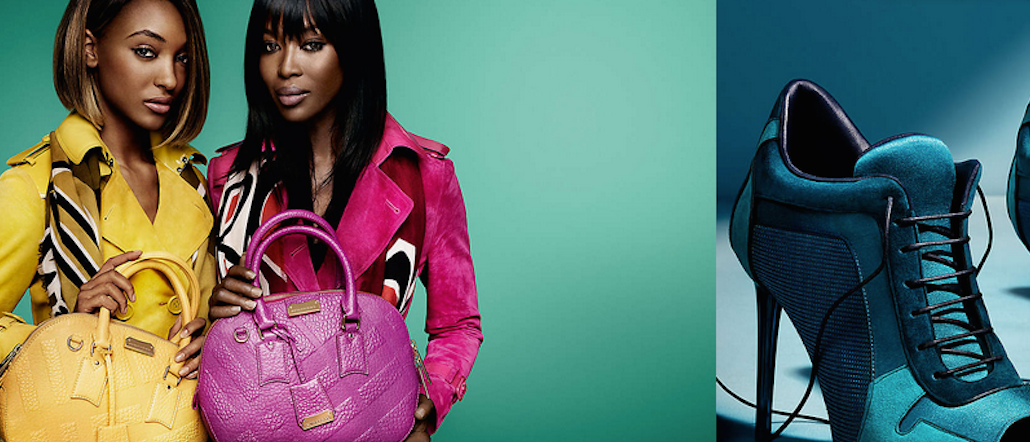Last chance to save on Digiday Publishing Summit passes is February 9

Luxury stores need to offer a high-end experience that will ultimately end in the customer dropping a few thousand dollars on a new handbag. A glass of champagne may be handed off during the visit while a warm and knowledgeable salesperson guides the shopper through the store. The store itself is pristine, a foil to the chaos of the fast fashion stores that seek to imitate the same high-end designs.
Online, however, luxury e-commerce is shouldered into the same playing field as any other retailer, and pixels alone don’t make for a premium experience. How to make a webpage feel luxurious is a challenge high-end designer brands are still trying to figure out.
What luxury looks like in a digital landscape is currently being interpreted by designer brands. Here’s a look at how digitally-savvy luxury brands — Burberry, Hermès and Louis Vuitton — are building a premium online experience.
Content
Content plays a key role in defining an online experience as something more than just a listing of products. At the Hermès’ e-commerce site, you’re exposed to a more fun and whimsical side of the brand you may not get in a store setting. The Hermès House of Scarves is designed with illustrations, and it’s shoppable — customers can click on different parts of the house to add items to a wish list, a shopping cart, and watch product video.

Burberry and Louis Vuitton imitate their in store branding online, but they’re able to play video of their fashion shows and create online fashion editorials, which won’t show up in a regular brick and mortar store.
“Content is key because it’s part of what justifies the price tag besides the product,” said Neda Whitney, group account director at R/GA. “Brands just have to be tactful when they put a product page right next to their heritage — but ultimately, it’s storytelling.”
The online relationship
For those high-value shoppers who frequent luxury stores, a personalized experience elevates the retailer. At Hermès, when an item is added to a cart, more question fields pop: the preferred method of delivery and location. The site will then show more options for the customer, and remember the customer’s preferences and location. Louis Vuitton and Burberry both store customers’ location to offer exclusives down the line.
“For luxury, personalization is about the relationship,” said Christina White, vp of user experience at Huge. “And where these brands can really get ahead is the follow up. Use what you know about the customer to offer them an exclusive offer or event invitation down the line.”
Customer service
A superior experience online, for luxury retailers, means seamless customer service. Burberry, Hermès and Louis Vuitton all offer free shipping, free returns possible either by mail or in store, and a buy or reserve online, pick-up in store function. Louis Vuitton and Burberry have both launched live chat — customers must seek it out, it doesn’t pop up on its own. Burberry has a “call back” function that will prompt a consultant to either contact a customer immediately, or at a designated time. Louis Vuitton offers its social media services, directing those looking to contact the company to tweet at @LVServices or send a Facebook message to the brand’s inbox.
“There are the key functionalities that all luxury retailers should be adopting, but right now, only the top guys are doing it,” said L2 analyst Jane Thornleeson, who added that 11 percent of all luxury retailers offer buy online and pick up in store. “The main strategy isn’t necessarily to drive people in store, but to innovate around the entire multichannel experience.”
More in Marketing

Star power, AI jabs and Free Bird: Digiday’s guide to what was in and out at the Super Bowl
This year’s Big Game saw established brands lean heavily on star power, patriotic iconography and the occasional needle drop.

In Q1, marketers pivot to spending backed by AI and measurement
Q1 budget shifts reflect marketers’ growing focus on data, AI, measurement and where branding actually pays off.

GLP-1 draws pharma advertisers to double down on the Super Bowl
Could this be the last year Novo Nordisk, Boehringer Ingelheim, Hims & Hers, Novartis, Ro, and Lilly all run spots during the Big Game?








